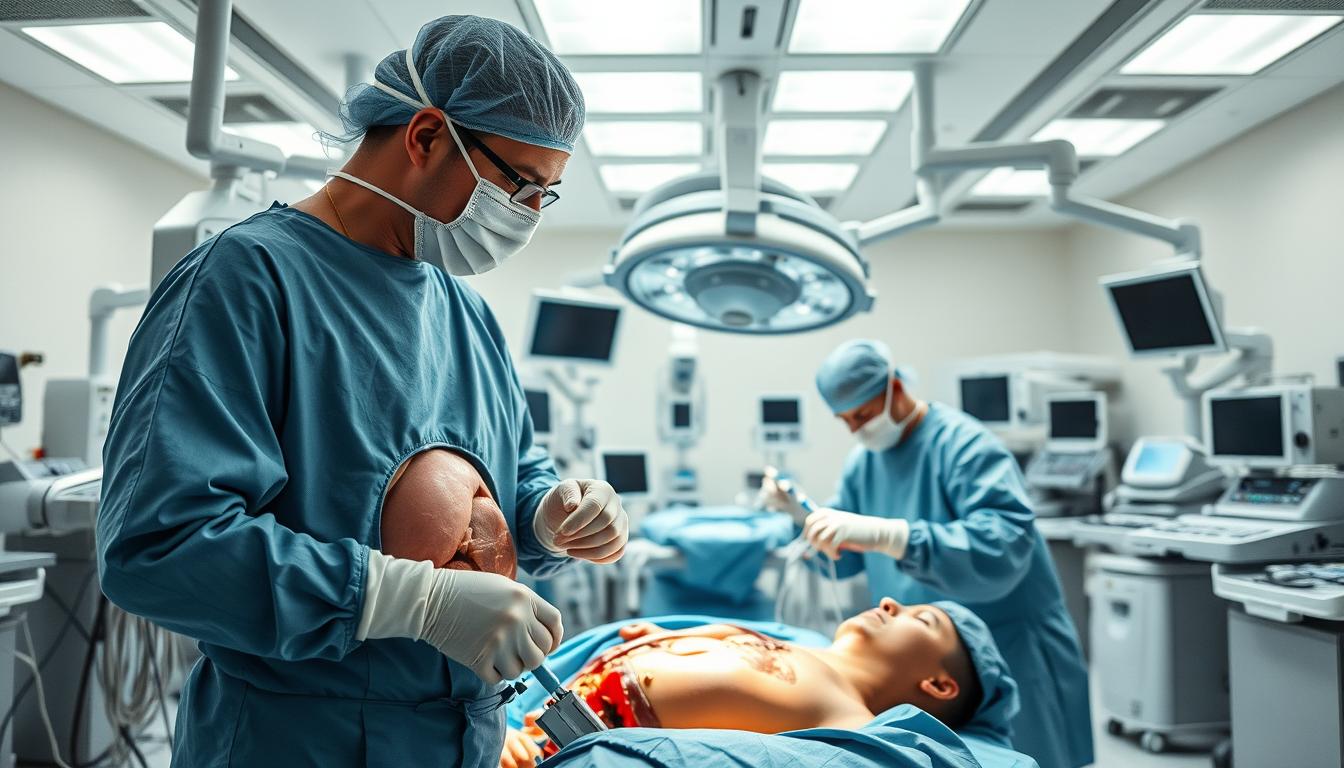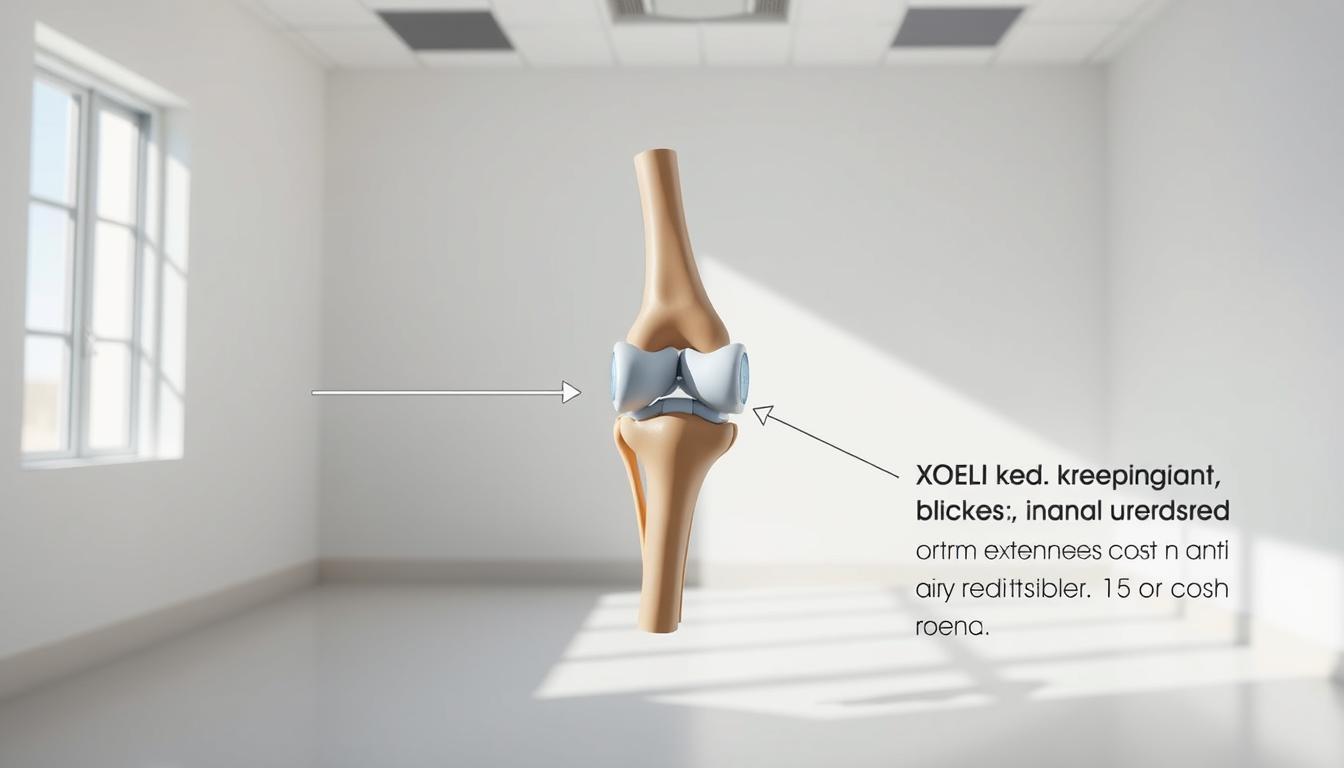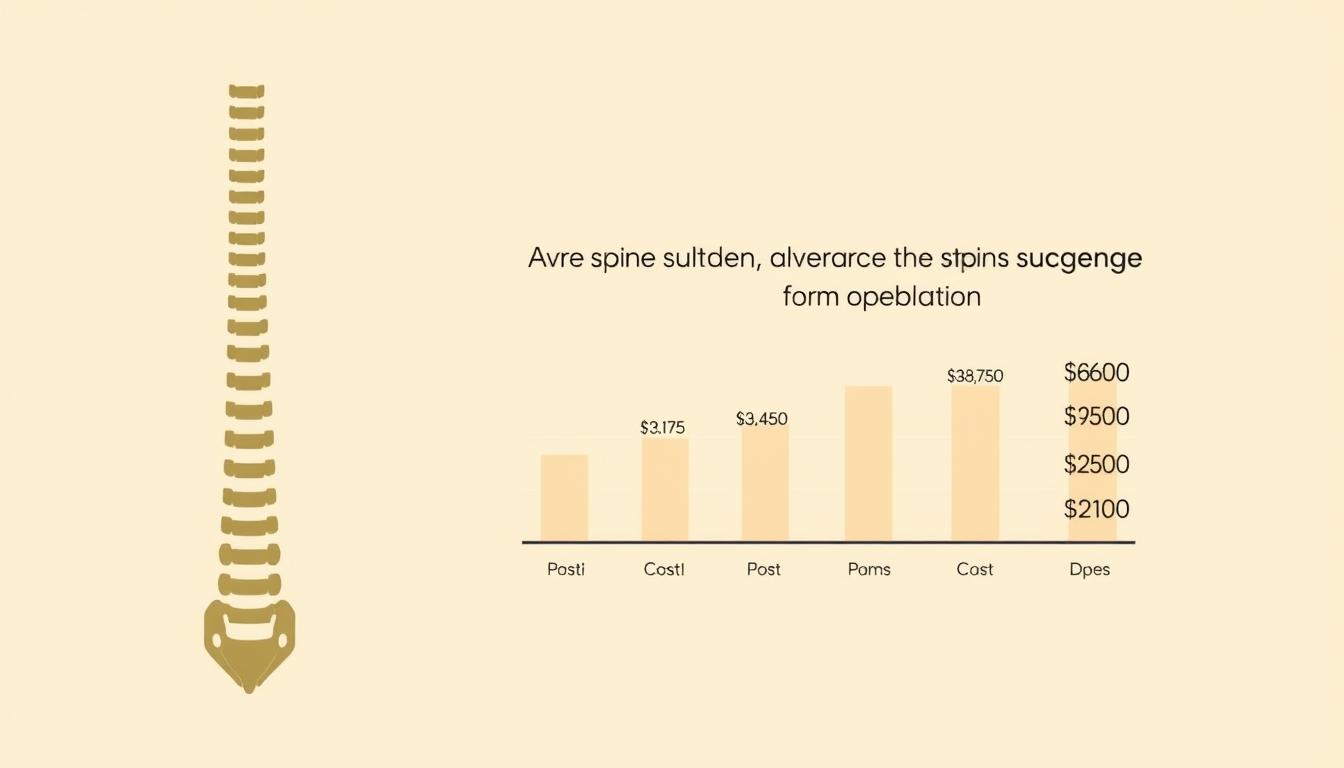Recovering from surgery requires a well-planned diet rich in protein to support the healing process. A diet rich in essential nutrients helps in repairing tissues and fighting infection.
A high protein diet is crucial for a speedy and healthy recovery. This comprehensive guide will explore various meal ideas suitable for different stages of recovery and dietary needs, ensuring you get the necessary nutrients for optimal health.
Key Takeaways
- Eat nutrient-rich foods to support the healing process.
- Incorporate a variety of high protein foods into your diet.
- Choose meals that are easy to digest during recovery.
- Stay hydrated to aid in the recovery process.
- Consult a healthcare professional for personalized dietary advice.
Why Protein Is Essential for Post-Surgery Healing
After surgery, the body needs the right nutrients to heal efficiently, and protein plays a starring role in this process. Protein is vital for tissue repair, immune function, and overall recovery. Understanding how protein supports healing can help patients appreciate the importance of a high protein diet post-surgery.
The Science Behind Protein and Tissue Repair
Protein is broken down into amino acids, which are then used to repair and rebuild tissues. This process is crucial after surgery, as it helps to restore the body’s strength and function.
Recommended Protein Intake After Different Types of Surgery
The recommended protein intake varies depending on the type of surgery. For example, patients who have undergone orthopedic surgeries may require higher protein intake to support bone and muscle repair. Generally, patients may need 1.2 to 1.6 grams of protein per kilogram of body weight daily.
Post Surgery High Protein Meals: Breakfast Options
A high protein breakfast can significantly enhance your post-surgery recovery process. Incorporating nutritious post-operative dishes into your morning routine can provide the necessary building blocks for healing.
Some excellent options for high protein breakfasts include Greek yogurt parfaits and protein-enriched oatmeal. These meals are not only delicious but also easy to prepare, making them ideal for easy post-surgery meal prep.
Greek Yogurt Parfaits and Protein-Enriched Oatmeal
Greek yogurt parfaits layered with nuts and berries offer a protein-rich start to the day. Similarly, protein-enriched oatmeal with fruits and nuts can be a satisfying and nutritious breakfast option. These meals can be tailored to meet individual protein needs, supporting optimal recovery.
| Breakfast Option | Protein Content | Additional Benefits |
|---|---|---|
| Greek Yogurt Parfait | 20 grams | Rich in calcium and probiotics |
| Protein-Enriched Oatmeal | 25 grams | High in fiber |
Egg-Based Dishes and Protein Smoothies
Egg-based dishes, such as omelets or scrambled eggs, are excellent sources of protein. Protein smoothies made with Greek yogurt, fruits, and nuts are another convenient and nutritious option. These meals are easy to consume during the early stages of recovery and can be adjusted according to individual needs.
Nutritious Lunch Ideas for Optimal Recovery
After surgery, a well-planned lunch can help meet daily protein needs, supporting the body’s natural healing process. Incorporating high protein foods for recovery into your lunch can be both straightforward and delicious. These meals not only provide the necessary protein but are also easy to digest, making them ideal for post-surgery recovery.
Some excellent options for lunch include hearty soups and protein-rich wraps. These meals can be tailored to meet individual protein needs and preferences.
Hearty Bone Broth Soups with Added Protein
Hearty bone broth soups are an excellent way to incorporate protein into your lunch. By adding protein sources like chicken, beans, or lean meats, you can significantly boost the protein content of your meal. These soups are not only comforting but also provide essential nutrients for recovery. For example, a bowl of chicken and vegetable soup made with bone broth can offer a good mix of protein, vitamins, and minerals.
Turkey and Salmon Wraps with Protein-Rich Spreads
Turkey and salmon wraps are another nutritious option for lunch. By using protein-rich spreads like hummus or avocado, you can enhance the protein content of your wrap. Additionally, incorporating vegetables like spinach or bell peppers can add fiber and essential vitamins. These wraps are easy to prepare, can be made ahead of time, and are gentle on the digestive system, making them suitable for post-surgery recovery.
Protein-Packed Dinner Recipes for Healing
Healing meal plans after surgery often emphasize the importance of a nutritious dinner. A well-crafted dinner can provide the body with the necessary building blocks for recovery, including protein, complex carbohydrates, and healthy fats. This meal is an opportunity to include a variety of protein sources that support the healing process.
Slow Cooker Chicken and Bean Dishes
Slow cooker chicken and bean dishes are not only convenient but also packed with protein and fiber. These dishes can be prepared in advance, making them ideal for post-surgery recovery when energy levels may be low. A simple recipe involves combining chicken breast, black beans, diced tomatoes, and spices in a slow cooker.
Baked Fish with Quinoa and Legumes
Baked fish served with quinoa and legumes is another nutritious option that provides a good mix of protein and complex carbohydrates. Quinoa is a complete protein, making it an excellent choice for supporting the body’s repair processes. As noted by a health expert, “A diet rich in protein and complex carbohydrates can significantly aid in recovery after surgery.”
“Nutrition plays a critical role in the healing process, and a balanced diet can make a significant difference in recovery outcomes.”
High-Protein Snacks to Support Recovery
High-protein snacks play a vital role in supporting the body’s healing process after surgery. Snacking is an essential aspect of the postoperative protein meal guide, helping to maintain energy levels and support the recovery process.
Some convenient and effective high-protein snack options include nut butters, cheese, and ready-made protein bars. These snacks are not only high in protein but also easy to consume, even when appetite is limited.
Nut Butters, Cheese, and Ready-Made Protein Options
Nut butters like peanut butter and almond butter are rich in protein and healthy fats. Cheese is another excellent source of protein, and ready-made protein bars can be a convenient option when you’re on-the-go.
Homemade Protein Bites and Recovery Smoothies
Homemade protein bites made with ingredients like oats, nuts, and protein powder can be tailored to meet specific nutritional needs. Recovery smoothies with protein powder, yogurt, and fruit are also an excellent way to support the healing process.
Special Dietary Considerations After Surgery
The road to recovery after surgery involves not just rest, but also a thoughtful approach to nutrition that meets individual needs. Different patients have different dietary requirements based on the type of surgery they undergo.
For patients with limited chewing ability, soft and pureed high-protein foods are ideal. These can include pureed meats, soups, and yogurts that are rich in protein but gentle on the digestive system.
Soft and Pureed High-Protein Foods for Limited Chewing
Examples include pureed chicken or turkey mixed with broth, protein-enriched smoothies, and soft-boiled eggs. These foods provide the necessary protein for healing without putting excessive strain on the jaw or digestive system.
Low-Fiber, High-Protein Options for Digestive Surgeries
Patients who have undergone digestive surgeries may benefit from low-fiber, high-protein options. These can include lean meats, fish, eggs, and dairy products that are easy to digest.
Vegetarian and Vegan Protein Sources for Recovery
For vegetarian and vegan patients, there are numerous high-protein options available, including legumes, tofu, tempeh, and seitan. Plant-based protein powders can also be a convenient addition to smoothies and other dishes.
Understanding these dietary considerations is crucial for ensuring that nutritional needs are met during recovery. The following table summarizes some key high-protein food options for different dietary needs:
| Dietary Need | High-Protein Food Options |
|---|---|
| Limited Chewing Ability | Pureed meats, protein-enriched soups, soft-boiled eggs |
| Digestive Surgeries | Lean meats, fish, eggs, dairy products |
| Vegetarian/Vegan | Legumes, tofu, tempeh, seitan, plant-based protein powders |
Hydration and Supplements to Complement Protein Intake
Recovery after surgery isn’t just about protein; hydration and supplements are equally important for optimal healing. Adequate hydration helps in maintaining bodily functions, while supplements can fill nutritional gaps that may arise during the recovery period.
Staying hydrated is crucial as it aids in the digestion and absorption of nutrients, including proteins. Protein-enhanced beverages and electrolyte solutions can be particularly helpful in meeting both protein and hydration needs.
Protein-Enhanced Beverages and Electrolyte Solutions
Consuming protein-enhanced beverages can be an efficient way to increase protein intake. These beverages come in various forms, such as shakes and ready-to-drink supplements. Electrolyte solutions are also vital, especially if you’re experiencing post-surgery side effects like vomiting or diarrhea, which can lead to electrolyte imbalances.
“Proper hydration is essential for the body’s recovery process, as it helps in transporting nutrients and oxygen to cells.”
Doctor-Approved Supplements for Recovery Support
While it’s always best to get nutrients from whole foods, certain supplements can support recovery when approved by healthcare providers. These may include protein powders, vitamin D, and omega-3 fatty acids. It’s essential to consult with your doctor before adding any supplements to your diet to ensure they are safe and necessary for your specific recovery needs.
By combining a high protein diet with adequate hydration and the right supplements, patients can create a comprehensive recovery plan that supports their overall health and well-being.
Conclusion
A well-planned high protein diet plays a crucial role in recovery after surgery. By incorporating post-surgery high protein meals into your diet, you can support the healing process and ensure a speedy recovery. The meal ideas presented in this article provide a comprehensive guide to nutritious post-operative dishes that cater to different dietary needs.
It’s essential to consult with your healthcare provider or a nutritionist to tailor your diet to your specific needs. They can help you create a personalized meal plan that includes the right balance of protein and other essential nutrients. By making informed food choices, you can optimize your recovery and get back to your normal routine.
By focusing on post-surgery high protein meals and nutritious post-operative dishes, you can take a proactive approach to your recovery. With the right nutrition, you can support your body’s healing process and achieve a healthy and speedy recovery.
FAQ
What are the best high protein foods for recovery after surgery?
The best high protein foods for recovery include lean meats like chicken and turkey, fish, eggs, dairy products, legumes, and plant-based options like tofu and tempeh. Additionally, protein-rich foods like Greek yogurt, cottage cheese, and nuts are excellent choices.
How much protein should I consume after surgery?
The amount of protein needed after surgery varies depending on the type of surgery, overall health, and individual nutritional needs. Generally, patients are advised to consume 1.2-1.6 grams of protein per kilogram of body weight daily. It’s best to consult with a healthcare provider or a nutritionist for personalized recommendations.
Are there any specific high protein meal ideas suitable for post-surgery recovery?
Yes, there are many high protein meal ideas suitable for post-surgery recovery, including Greek yogurt parfaits, protein-enriched oatmeal, egg-based dishes, and protein smoothies for breakfast. For lunch and dinner, options like hearty bone broth soups, turkey and salmon wraps, slow cooker chicken and bean dishes, and baked fish with quinoa and legumes are recommended.
Can I use protein supplements during recovery?
Protein supplements can be used during recovery, but it’s essential to choose doctor-approved supplements and follow their guidance. Protein-enhanced beverages and ready-made protein bars can be convenient options, but whole foods should be the primary source of protein.
What are some easy post-surgery meal prep ideas?
Easy post-surgery meal prep ideas include preparing slow cooker meals, making protein-rich salads, and cooking meals that can be reheated. Meal prep containers can help with portion control and make mealtime more manageable.
Are there any high protein foods that are easy to digest after surgery?
Yes, foods like Greek yogurt, cottage cheese, eggs, and lean meats are often easy to digest. For patients with limited chewing ability, soft and pureed high-protein foods like protein shakes or pureed chicken can be ideal.
How can I ensure I’m getting enough protein if I have dietary restrictions?
If you have dietary restrictions, such as being vegetarian or vegan, you can opt for plant-based protein sources like legumes, tofu, tempeh, and seitan. Consulting with a healthcare provider or a nutritionist can help you identify the best protein sources for your specific needs.
Can hydration impact my recovery, and how does it relate to protein intake?
Yes, adequate hydration is crucial for recovery and complements a high protein diet. Drinking enough water and consuming electrolyte solutions can help meet hydration needs. Protein-enhanced beverages can also contribute to both protein and hydration needs.




